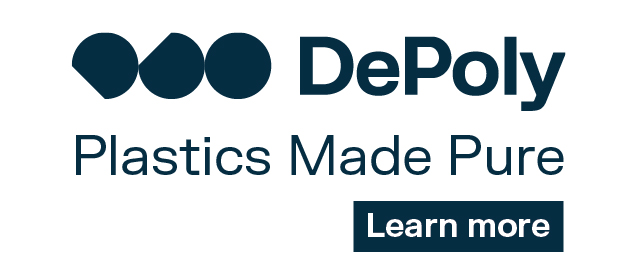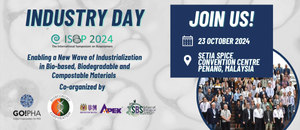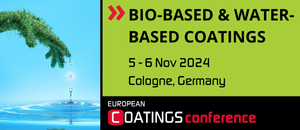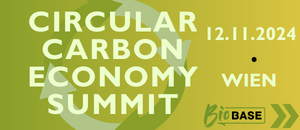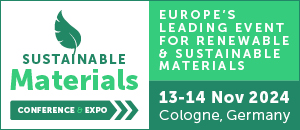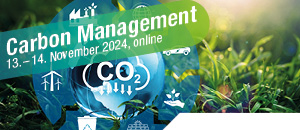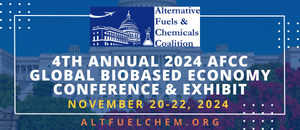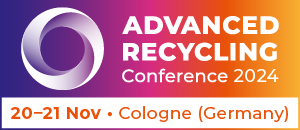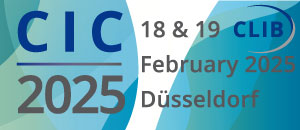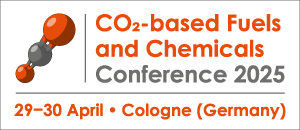In 2011, the Dutch Rubber and Plastics Association, SABIC and the Dutch Ministry of Economic Affairs signed a Green Deal for the development of green certificates for sustainably produced biobased feedstock used for biobased rubber and plastic products. Along with the Association of the Dutch Chemical Industry (VNCI), Plastics Europe Netherlands, the plastic injection moulding company Kellpla and the Netherlands Enterprise Agency (RVO) have developed guidelines for assuring the sustainability of these green certificates.
Starting point for the elaboration of the green certificates was to aim at affiliation with recognized international schemes for biofuel sustainability. Some of these schemes have recently expanded their scope to biobased products. Furthermore, the Green Deal cooperated with the German INRO-initiative, which has the same objective.
Green certificates ensure that the biomass that is used as a feedstock has been grown and processed in a sustainable way. Sustainability criteria were developed that relate to requirements for environment, biodiversity, greenhouse gases, competition for food, well-being of local workers and population, indirect effects on land use and economic framework conditions. In addition, criteria for supply chains have been discussed. These so-called “ chain of custodies” refer to whether or not fossil-based feedstock and biobased feedstock can be mixed, what type of claims can be used for the partly biobased end product and how these claims can be correctly communicated to the end users and consumers. This discussion is still on-going.
The Green Deal does not have its own certification scheme, but provides a list of sustainability criteria for the biobased feedstock and a list of quality criteria for certification schemes. Commercial biomass schemes like NTA8080 in the Netherlands and ISCC+ will be challenged to adapt their schemes to fulfil these criteria. The Dutch chemical and polymer associations will encourage their members to work with certification schemes that meet the Green Deal criteria.
In 2014, a number of pilot projects were initiated to test the green deal approach. Companies producing (partly) biobased polymers and composites are working with certification institutes and certification schemes to see whether their products could be certified. The results are expected at the end of 2014.
Author
Edith Engelen - Netherlands Enterprise Agency (RVO)
Source
European Bioplastics newsletter, press release, 2014-10-28.
Supplier
Dutch Ministry of Economic Affairs
Initiative Nachhaltige Rohstoffbereitstellung für die stoffliche Biomassenutzung INRO
International Sustainability & Carbon Certification (ISCC)
National Entrepreneurial Netherlands (RVO)
Plastics Europe
SABIC Ventures US Holdings LLC
VNCI - Vereniging van de Nederlandse Chemische Industrie
Share
Renewable Carbon News – Daily Newsletter
Subscribe to our daily email newsletter – the world's leading newsletter on renewable materials and chemicals





